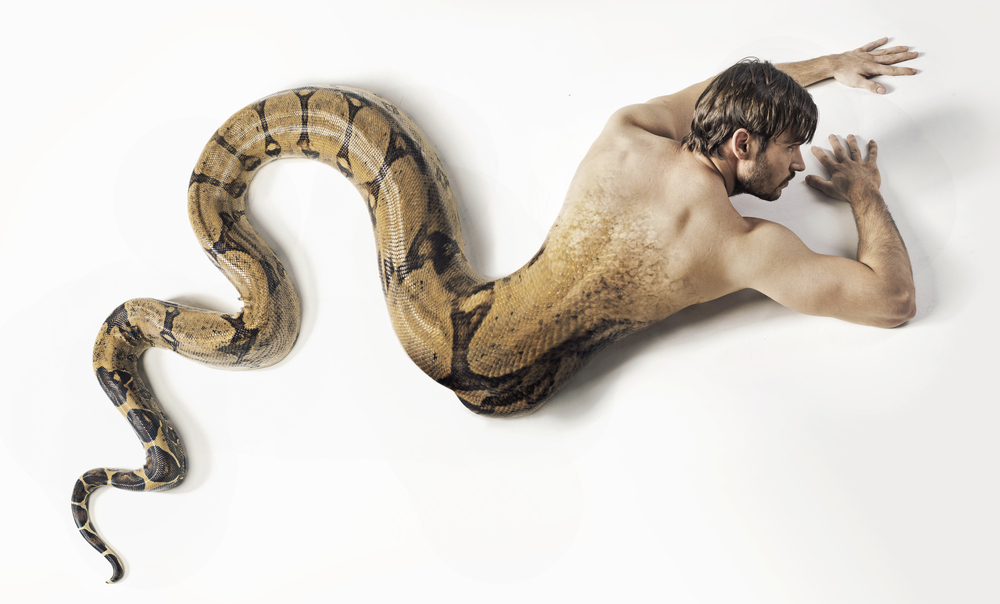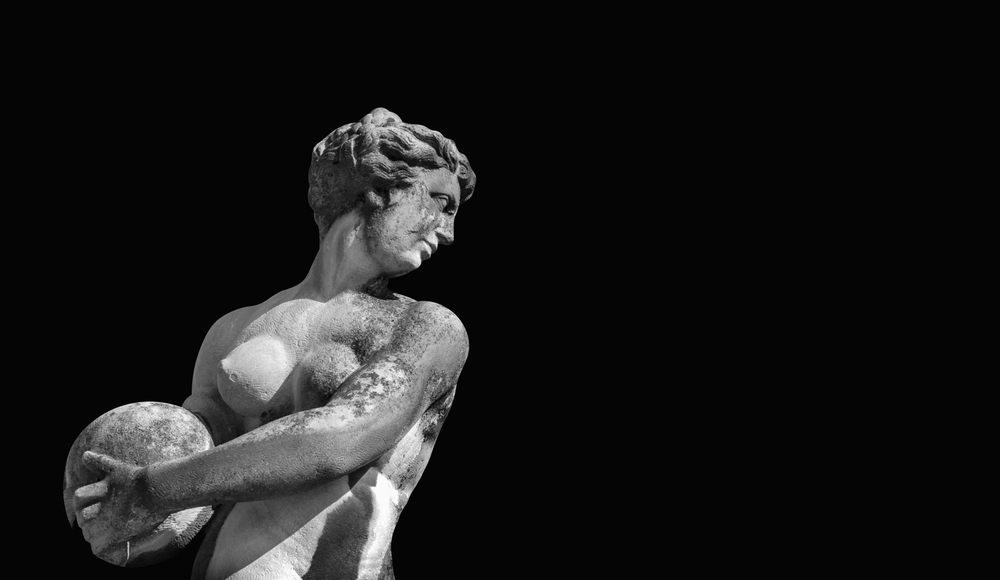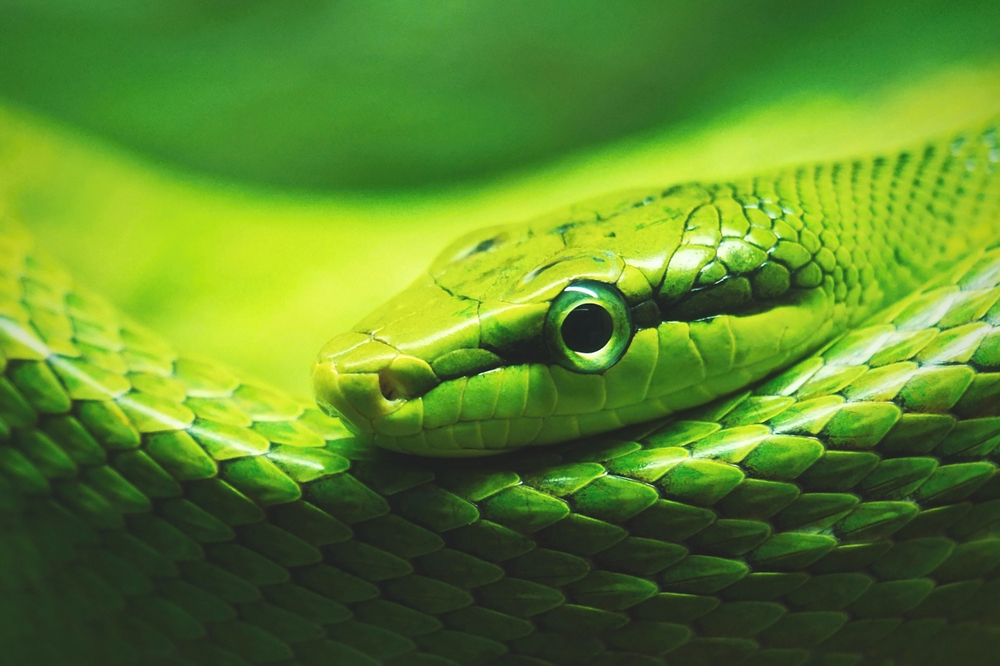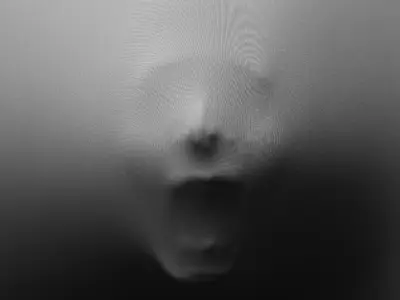Known as the father of all monsters, Typhon is a powerful and feared figure in Greek mythology. Whether you are a seasoned enthusiast of mythology or a curious newcomer, the story of Typhon offers a fascinating glimpse into the ancient struggles that highlight themes of power, rebellion, and the eternal battle between order and chaos.
This blog delves into the life and legacy of Typhon, exploring his origins, his epic confrontation with Zeus, and the symbols he embodies.
Jump to:
Who is Typhon?

Typhon is one of the most formidable figures in Greek mythology. Known as the father of all monsters, he’s often depicted as a gigantic creature with a man's body and a serpent's limbs. Typhon’s terrifying appearance alone sparked fear among gods and mortals alike.
Is Typhon a God or Titan?
Typhon is neither a traditional Olympian god nor a Titan; he occupies a unique place in Greek mythology. Born from Gaia (the Earth) and Tartarus (the deep abyss used as a dungeon of torment in the underworld), Typhon was part of Gaia's plan to challenge the Olympian gods and assert the supremacy of the primordial entities. This makes Typhon's role in mythology complex as he embodies the forces of nature and chaos against the order represented by the Olympian gods.
Recommended for you!
Best SellersHow Was Typhon Born?
Typhon was born from the union of Gaia, the earth goddess, and Tartarus, the deep abyss of torment within the underworld. He was the last of Gaia's children, conceived as a desperate measure to challenge the supremacy of the Olympian gods after the defeat of the Titans.
His birth was marked by earthquakes and storms, heralding the arrival of a force that would shake the very foundations of the cosmos. This mythical genesis encapsulates the ancient Greeks' understanding of natural disasters, portraying them as manifestations of divine battles and celestial unrest.
Why is Typhon so Powerful?
Typhon's immense strength is legendary. He was considered one of the deadliest creatures in Greek mythology, capable of spewing fire and creating storms that could darken the sun. His sheer size and strength made him a fearful opponent, even for Zeus. This power came from his lineage as a being born from the powerful deities Gaia and Tartarus, embodying both the earth's fertility and the abyss's chaos.
Typhon's Relationships and Family Tree

Typhon is connected to a broader network of gods and monsters through his relationships and family tree. Here are the key figures associated with Typhon:
- Gaia (Mother): The earth itself, Gaia is a primordial deity and one of the oldest figures in Greek mythology. She gave birth to Typhon as part of her plan to challenge the Olympian gods and reassert the authority of her earlier children, the Titans.
- Tartarus (Father): Personified as a deep, dark pit in the underworld, Tartarus is both a place and a deity in Greek mythology. His union with Gaia produced Typhon, symbolising the joining of earth and the abyss to create a supremely powerful entity.
- Echidna (Wife): Often described as the "Mother of Monsters," Echidna was a half-woman, half-serpent creature. Together with Typhon, she produced some of the most notorious monsters in Greek mythology.
- Offspring: Typhon’s offspring includes: Cerberus, the three-headed dog guarding the entrance to the underworld; Orthrus, a two-headed dog and sibling to Cerberus who guards Geryon's cattle; Hydra, the multi-headed serpent who grew two heads for each one cut off; Chimera, part lion, part goat, and part serpent; Ladon, a dragon that guarded the golden apples in the Garden of the Hesperides; and the Sphinx, known for her riddle and tendency to devour anyone who could not answer correctly.
Typhon’s Myths
The myths surrounding Typhon encapsulate the conflict between cosmic order and chaos. Each tale highlights his immense power and the threats he posed to the gods of Olympus.
The Power Struggle: Typhon vs Zeus
The most epic tale involving Typhon is undoubtedly his battle with Zeus, the king of the gods. After the fall of the Titans, Typhon was seen as the last great threat to Zeus's rule. The clash between these two titanic forces was monumental. Zeus, armed with his thunderbolts, and Typhon, unleashing storms and fiery blasts, created a cataclysm that shook the earth. Ultimately, Zeus emerged victorious, confining Typhon beneath Mount Etna, where it is said his fiery breath continues to fuel the volcano's eruptions.
Typhon and the Winds of Destruction
Another lesser-known but equally compelling story involves Typhon's attempt to steal the sinews of Zeus. After a brutal confrontation, Typhon managed to incapacitate Zeus and removed his sinews, rendering him helpless. Typhon hid these vital parts in a cave, guarded by the fearsome dragoness Delphyne. Hermes and Pan, in a daring rescue mission, retrieved the sinews and restored Zeus's strength, leading to his final victory over the monstrous titan.
Typhon’s Encounter with the Olympians
Typhon's wrath was not reserved for Zeus alone. As he ascended from the pits of Tartarus, he challenged all the Olympian gods. Each god fled in disguise; for instance, Artemis transformed into a cat, and Apollo became a hawk. This myth illustrates the sheer terror that Typhon instilled even among the mightiest of gods, showcasing his role as a disruptor of divine order.
What is Typhon's Symbol?

Typhon's symbols are less well-defined compared to those of other mythological figures but generally include elements representing chaos and destruction. Serpents, fire, and storms are frequently associated with him, each symbolising his control over these primal forces.
Frequently Asked Questions About Typhon
What is Typhon the God of?
Typhon is not a god of any particular domain like other Olympian gods. Instead, he represents the primal forces of nature and the chaos that opposes the ordered world of the Olympian gods.
What are Three Facts About Typhon?
- Typhon's Birth: Typhon was born from Gaia and Tartarus, representing an alliance of earth and the deep abyss to challenge the Olympian gods.
- Typhon's Defeat by Zeus: Typhon was defeated by Zeus in a cataclysmic battle, which resulted in his imprisonment beneath Mount Etna.
- Legacy of Monsters: Typhon, with Echidna, fathered a host of monstrous beings that continued to challenge heroes and gods in various myths.
Why Did Gaia Give Birth to Typhon?
Gaia, the personification of the Earth in Greek mythology, gave birth to Typhon as part of her rebellion against the Olympian gods. After the defeat of her earlier children, the Titans, Gaia sought to create a force powerful enough to challenge Zeus and assert the authority of the ancient deities.
Was Typhon a Dragon?
Typhon is often depicted with serpentine features, including a dragon-like appearance with serpent tails in place of legs. While not a dragon in the traditional sense, his dragon-like features symbolise his monstrous nature and his role as a creature of chaos.
Who is Typhon's Wife?
Typhon's wife is Echidna, who is similarly a monstrous figure in Greek mythology. Often referred to as the "Mother of All Monsters," Echidna and Typhon together produced many of the most fearsome creatures in mythology, including the Nemean Lion, the Chimera, and the Lernaean Hydra.
Does Typhon Have a Weakness?
While the myths focus on Typhon's overwhelming strength, his ultimate defeat by Zeus suggests that his ambition to overthrow the divine order was his greatest weakness. His power, while immense, was not enough to sustain a victory against the well-established might of Zeus and his thunderbolts.
Who is Typhon's Enemy?
Typhon's primary enemy is Zeus, the ruler of the Olympian gods, who defeated him in battle to maintain order and peace among the cosmos. This conflict highlights the ongoing struggle between order (Zeus) and chaos (Typhon) in Greek mythology.
What Sin is Typhon?
In mythological terms, Typhon's "sin" is his attempt to overthrow the divine order and usurp Zeus. This represents cosmic-scale hubris or overweening pride, challenging the established rulers of the universe, a theme common in many myths where characters challenge fate or divine law.
Is Typhon Considered a Good Guy?
Typhon is not typically considered a "good guy" in mythology. He embodies the chaotic and destructive aspects of the world, posing a significant threat to the stability and safety of both gods and mortals. However, like many mythological figures, his role is complex, as he also represents necessary natural forces and the inevitability of change and chaos.
Was Typhon in Percy Jackson?
In the Percy Jackson series by Rick Riordan, Typhon is featured as a major antagonist. His portrayal in these modern adaptations keeps true to his mythological roots as a monstrous, powerful force opposing the protagonists and the gods.
What Bad Things Did Typhon Do?
Aside from his rebellion against Zeus, Typhon was known for siring a host of monstrous offspring with his equally formidable mate, Echidna. Their offspring included some of the most notorious beasts in Greek mythology, such as Cerberus, the three-headed dog guarding the underworld, and the Hydra, the many-headed serpent defeated by Hercules.
Was Typhon Evil?
Labelling Typhon as purely evil might oversimplify his role. According to Greek lore, he was a creature of immense power and integral to the mythological battles that shaped the cosmos. His existence prompted the gods to defend their realm, thereby asserting their qualities and strengths.
Is Typhon Stronger than Hercules?
While Hercules is famed for his strength and heroic feats, Typhon's might is on a cosmic scale, often considered far beyond any mortal's reach, including Hercules. However, their strengths are not directly comparable since they exist in different contexts within mythology.
Can Poseidon Defeat Typhon?
Poseidon, being the god of the sea, commands vast power. However, in the myths, it was Zeus who ultimately faced and defeated Typhon. Poseidon's strength is considerable, but Typhon's defeat required the unique might and authority that Zeus possessed.
Recommended for you!
Best SellersDiscover Greek Mythology with Centre of Excellence
Intrigued by Typhon and the vibrant world of Greek mythology? At Centre of Excellence, we offer an extensive Greek Mythology Diploma Course that delves deep into these ancient stories and their meanings.
Why Centre of Excellence?
- Accessibility: We are committed to making transformative education widely accessible. That’s why our Greek Mythology Diploma Course is priced to ensure everyone can explore these timeless stories without financial barriers.
- Flexibility: Our courses are designed to integrate seamlessly into your lifestyle. Study at your pace, on your schedule, making it simple to blend personal development into your everyday life.
- Dedicated Support: When you enrol, you gain access to expert tutors and a community of fellow enthusiasts. We support and guide you throughout your learning journey, ensuring you never feel isolated in your educational pursuits.
Special Invitation
Join us for an exploration of gods, monsters, and heroes at a special rate of just £29, offering savings of over £100!












